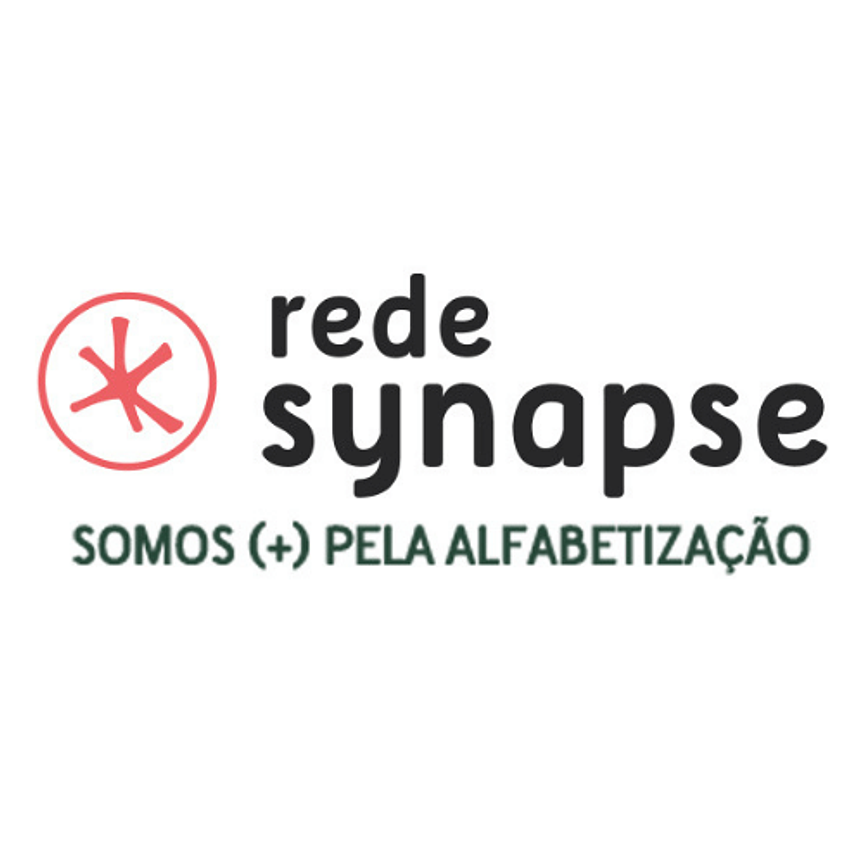What we do?
We developed, in a participatory way, a pedagogical methodology (Synapse) that associates the neuroscience knowledge about cerebral cognitive processing with our knowledge about the reality of our schools and children, which are mostly located in regions of extreme poverty and vulnerability. With this, Synapse is perfectly suitable for most municipal public schools in Brazil and we believe it can also be useful in the literacy processes in other countries. In parallel with the development of Synapse, we have also built a scalability methodology, in which the most qualified teachers in the use of Synapse act as disseminators for the next schools and municipalities. With this, we created a scalability model that grows in geometric progression, but above all it ensures quality and empathy in the dissemination of knowledge, since they are co-authors who act as disseminators and end up being recognized and inspiring new teachers.
So that all this effort is not lost, we created the Synapse Network (www.rps.ong.br), which brings together all teachers who properly apply the Synapse methodology in the classroom. Currently, RPS brings together more than 300 teachers, from 135 schools, from 15 Brazilian municipalities, and growing ...
Why we do it?
We created Synapse because we were tired of always receiving top-down methodologies, generally not respecting our contexts and limitations, due to the social and economic conditions of the schools and communities where we operate. Synapse represents us!
We created the Synapse Network (RPS) to ensure sustainability for Synapse, so that we can continually improve and disseminate the methodology, without political interference, which is quite common in Brazil, especially at times of change in public management, both municipal, state and federal. For this, we seek to build reputation with society and supporters and financial autonomy, so that the processes of improvement and dissemination can continue without depending on public resources.


